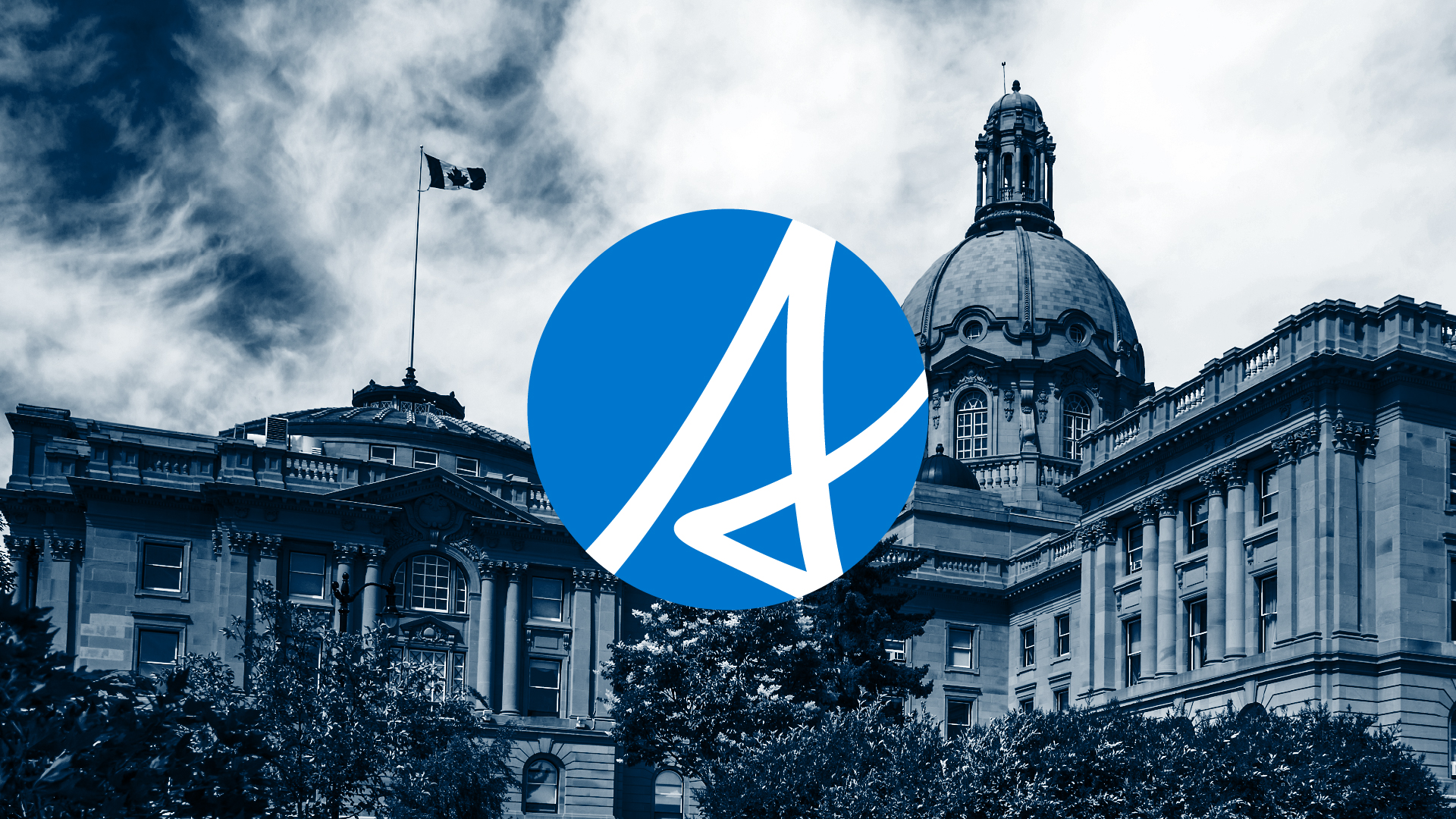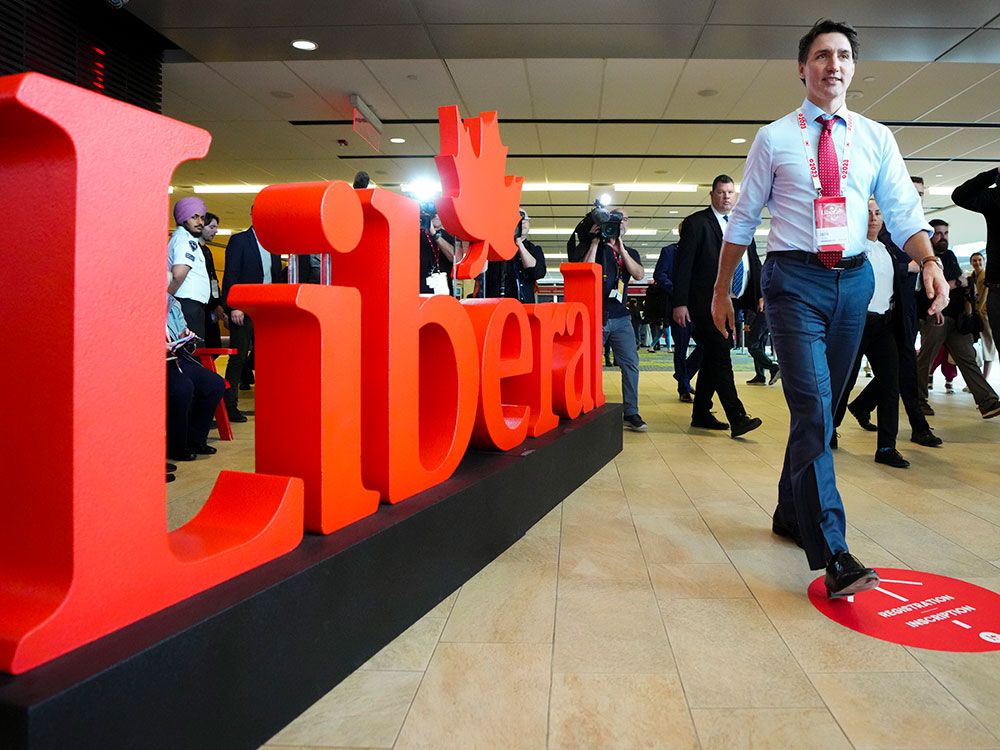I wonder why we need an 'outsider' to deliver high speed rail, or any improved rail service, when Canadian railways already do that stuff...
Annual Rail Trends
Canada’s railways are making an investment in this country’s future. These investments enhance the safety, efficiency, and capacity of the Canadian rail network, which underpins cost-effective supply chains. These are investments in people, good jobs, and essential public services (through record tax contributions). Moreover, investments in rail help to reduce Canada’s transportation sector emissions, as rail continues to be the most fuel efficient mode of ground transportation available.
In 2023, Canadian railways invested $2.9 billion in their Canadian assets, bringing the total to more than $22.7 billion over the past decade. These investments in track, rolling stock, technology, and other equipment improve the safety, efficiency, capacity, and fluidity of Canadian supply chains. In fact, average railway dwell times remained below ten hours in 2023, while ports’ average terminal dwell times and delays for late marine vessels remained above 100 hours.
View the 31st edition of Rail Trends, the Railway Association of Canada’s annual report on the performance of Canada’s railway industry.

www.railcan.ca





